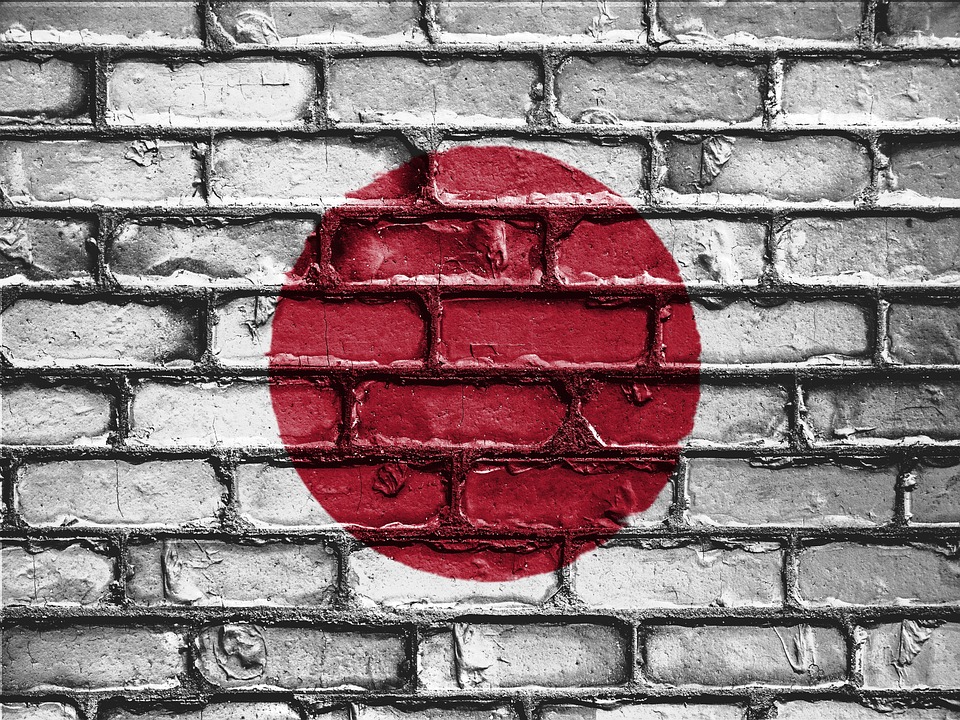By Takayuki Tanaka, 14 April 2023

Flag of Japan (photo credit: David Peterson/pixabay)
Not a single word of the Constitution has been changed since it came into effect in 1947, two years after the end of World War II. [...] The problem is that Japan has stuck to an “unchangeable” Constitution and can’t correct its flaws or insufficiencies. These flaws and insufficiencies include a lack of articles — which other countries have — regarding states of emergency. Owing to the ambiguity over security policy, some constitutional scholars even deny the nation the right to self-defense, a situation quite unique to Japan.
The Japanese government has repeatedly modified its constitutional interpretations to adapt to changing situations by means other than revising the Constitution itself. But these efforts have definite limitations and have caused a loss of hope that Japanese politics will dramatically respond to changing needs.
More than 60% of Japanese voters were in favor of revising the Constitution in a Yomiuri Shimbun poll last year. This was the highest figure in recent years. They supported new provisions on issues including the recognition of armed forces for self-defense, emergency measures and free education. The Japanese people may have a sense of the limitations of an untouched Constitution, but there are so many high bars for revising the Constitution that it is unlikely that they will participate in a national referendum on amendments anytime in the near future.
Read the full article here:
Japan News
